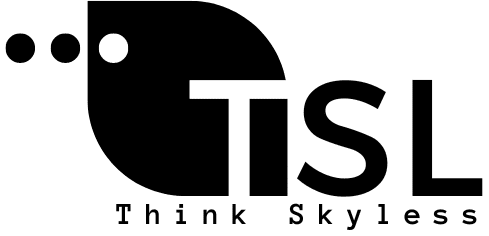
Life is unpredictable, and financial emergencies can strike when least expected. In times of crisis, having access to emergency loans can be a saving grace. Whether you’re looking for an emergency loan for medical purposes or a business emergency loan, we’ll be talking about all of them today.
This comprehensive article explores various types of emergency loans that individuals can consider, providing a roadmap to navigate the diverse landscape of financial assistance when needed.
Personal Loans
Personal loans are a versatile option for emergencies. Available from traditional banks, credit unions, and online lenders, personal loans provide a lump sum with fixed interest rates. Your credit score often influences the interest rate, but they are generally unsecured, meaning no collateral is required.
Payday Loans
Payday loans are short-term, small-dollar loans designed to cover immediate expenses until your next paycheck. These loans often come with high fees and interest rates, so it’s crucial to approach them cautiously. Payday loans are accessible but should be a last resort due to their costly nature.
Credit Card Cash Advances
If you have a credit card, a cash advance allows you to withdraw money from your card’s credit line. While convenient, take note that cash advances often come with high interest rates and several fees. Understanding the terms and only using this option when necessary is essential.
Emergency Installment Loans
Some lenders specialize in providing emergency installment loans with quick approval processes. These loans offer a structured repayment plan, making it easier for borrowers to manage their finances. Online lenders may be more flexible with eligibility criteria, catering to those with varying credit scores.
Home Equity Line of Credit (HELOC)
If you’re a homeowner looking for loans with no job income, you can use your house instead. Homeowners can tap into their home equity through a HELOC. This revolving credit line allows borrowers to access funds as needed. Interest rates are typically lower than credit cards, but defaulting on payments could lead to the loss of your home.
Pawn Shop Loans
Pawn shop loans are a type of loan that uses valuable items, such as jewels or gadgets, as collateral for a short-term loan. While these loans don’t impact your credit score and are easy to obtain, the risk of losing your possessions exists if you cannot repay the loan.
401(k) Loan
If you have a 401(k) retirement account, you may be eligible for a 401(k) loan. While this option allows you to borrow from your retirement savings, it comes with strict repayment terms. Failure to repay the loan within the specified timeframe can result in penalties and taxes.
Government Assistance Programs
In certain situations, government assistance programs provide emergency financial aid. Programs vary by location and circumstance but may include grants, low-interest loans, or assistance for specific needs such as housing or medical expenses.
Online Title Loans
Title loans involve using your vehicle as collateral for a loan. These loans are typically short-term, and the amount you can borrow depends on the value of your vehicle. However, defaulting on payments could result in the loss of your vehicle.
Emergency Business Loans
Entrepreneurs facing financial emergencies can explore emergency business loans. These loans may come from traditional lenders, online lenders, or government programs and are designed to provide quick capital infusion for business-related crises.
Short-Term Business Loans
Businesses in need of immediate funds can consider short-term business loans. These loans often have faster approval processes and are suitable for addressing pressing financial issues or seizing time-sensitive opportunities.
Family and Friends Loans
Turning to family or friends for financial assistance is a familiar option. While this may involve informal arrangements and may not impact your credit, it’s essential to establish clear terms and maintain open communication to avoid straining personal relationships.
Emergency Student Loans
Students facing unexpected financial challenges can explore emergency student loans offered by some educational institutions. These loans are specifically designed to address immediate needs and often have more lenient terms than traditional student loans.
Emergency Medical Loans
Medical emergencies can be financially overwhelming. Some lenders offer specialized emergency medical loans to help cover healthcare expenses. These loans may have lower interest rates or more flexible repayment options tailored to medical needs.
Emergency Rent Loans
Individuals struggling to make rent payments during a financial crisis can consider emergency rent loans. These short-term loans provide the necessary funds to cover rent, helping individuals avoid eviction or housing instability.
Final Words
Navigating financial emergencies requires a strategic approach, and the landscape of emergency loans is vast. Each option has its advantages and disadvantages, making it crucial to carefully consider your situation, needs, and repayment capabilities.
Whether it’s a personal loan, credit card cash advance, or assistance from friends and family, understanding the available avenues ensures you can make informed decisions during challenging times. Responsible borrowing and proactive financial management are key to overcoming emergencies and building a more secure financial future, which is much better than relying on emergency loans.


